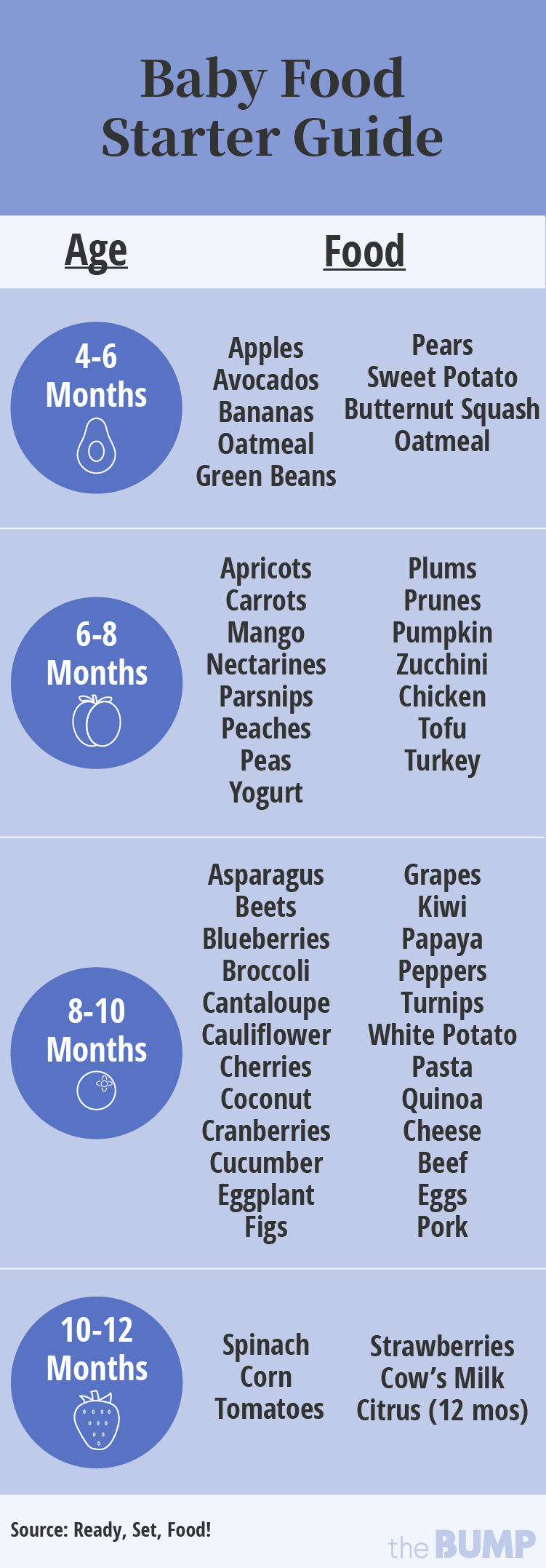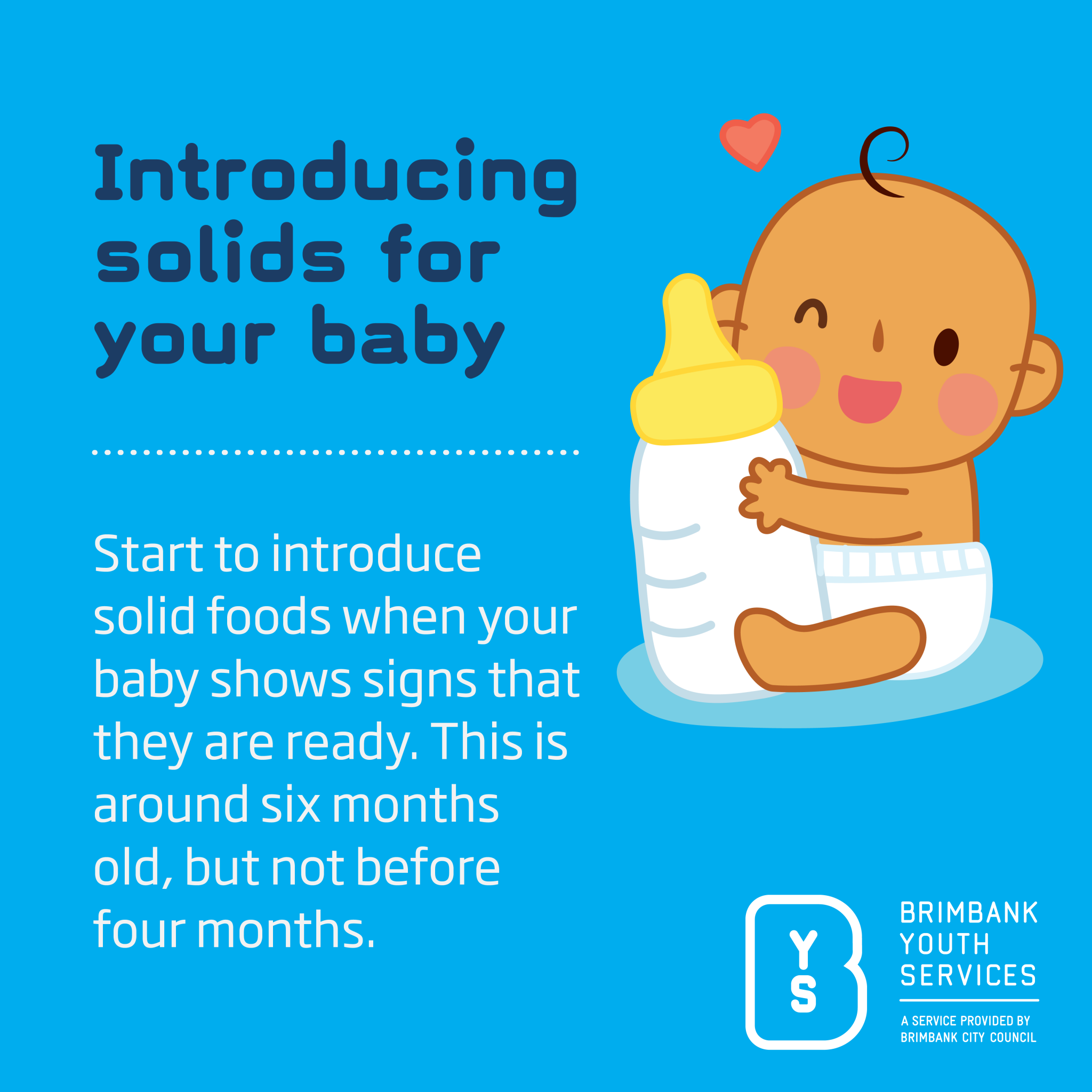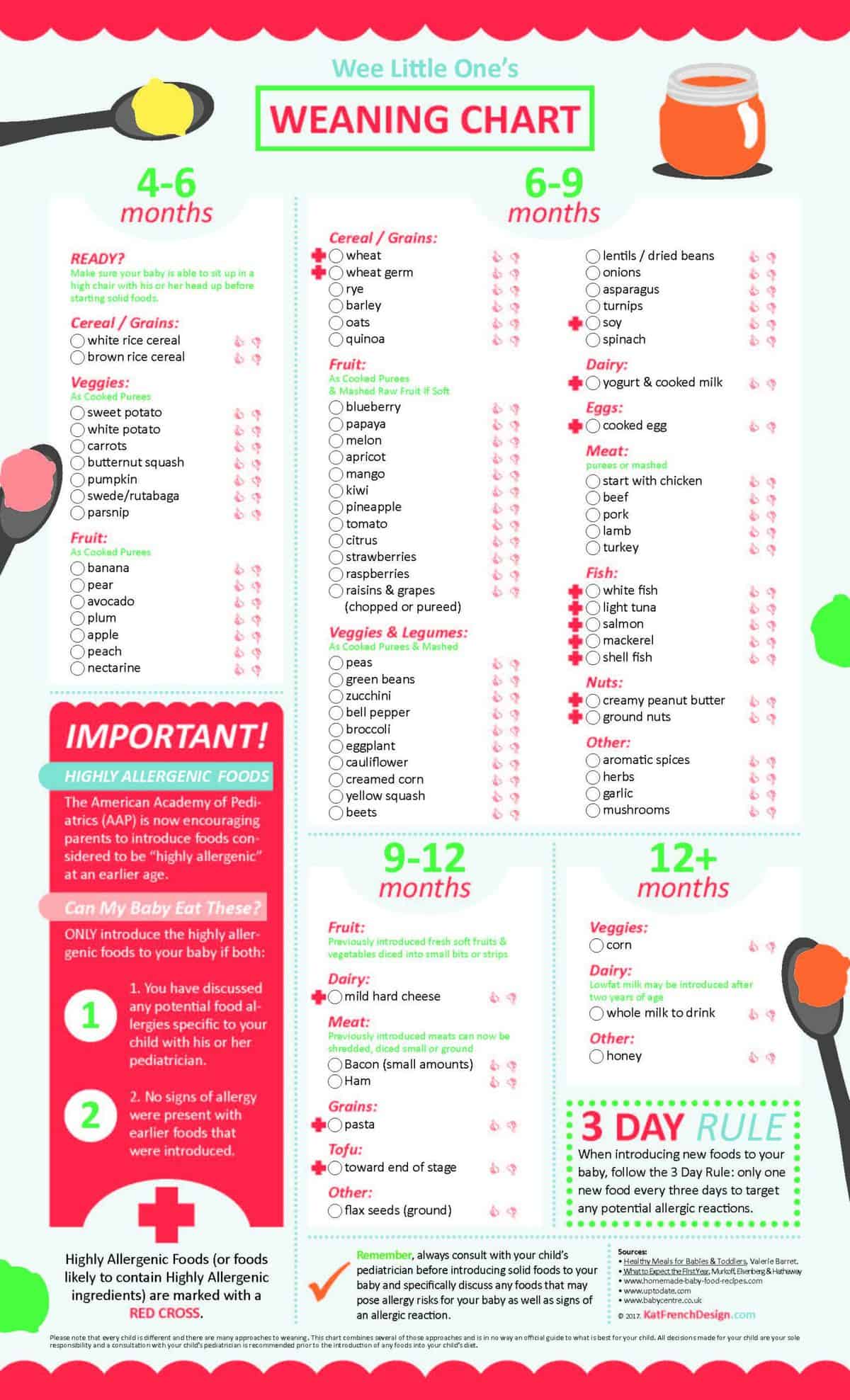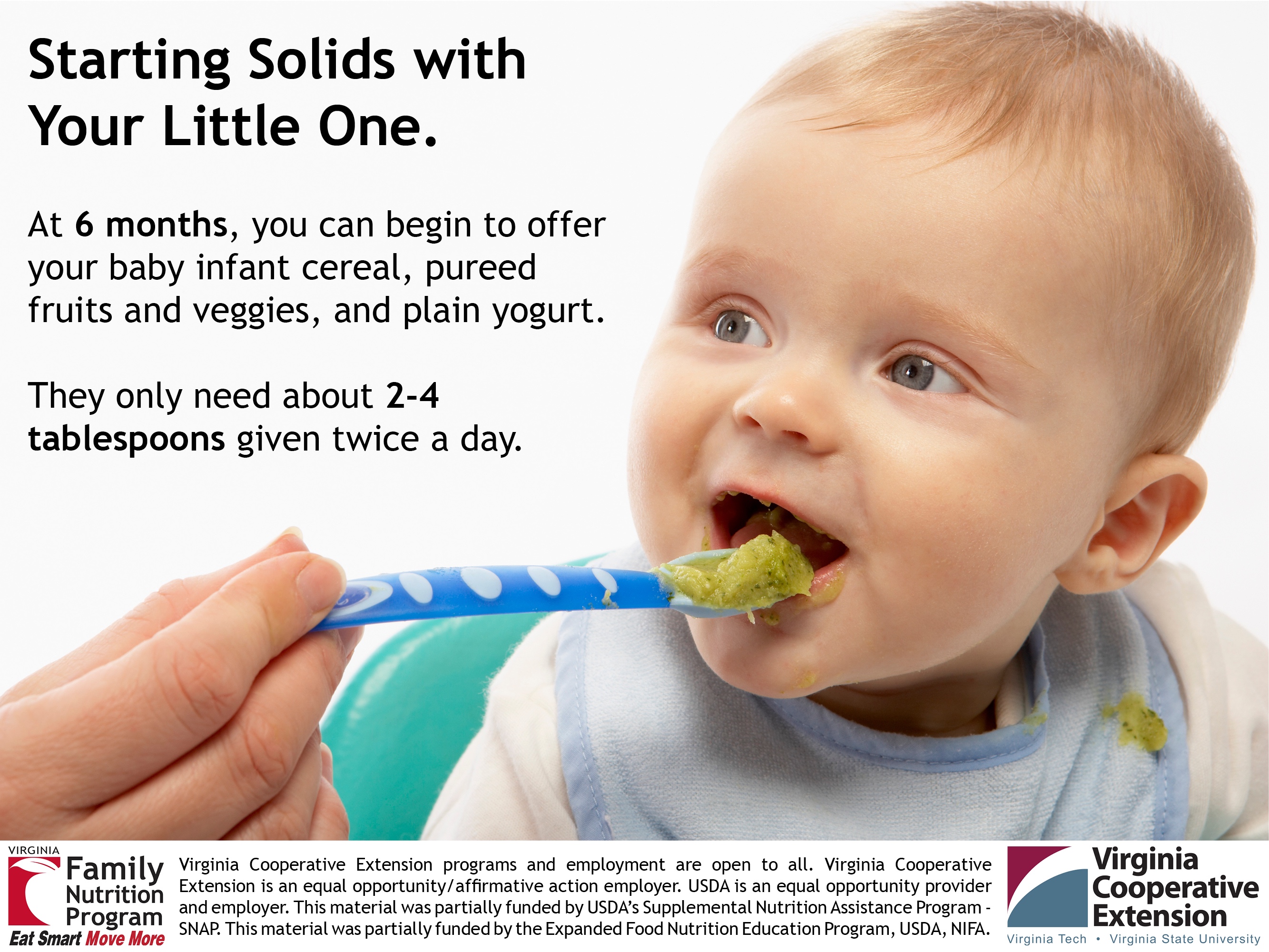Underrated Ideas Of Info About How To Start A Baby On Solids

Your little one's development will play a part in determining when it’s time for her to graduate to a more varied diet.
How to start a baby on solids. Reaches out for your food; When do babies start eating solid foods? A guide to starting your baby on solid food.
Here's when and how to introduce new flavors, plus which foods to avoid until your baby turns 1. They'll still be getting most of their energy and nutrients from breast milk or first infant formula. Knowing when to start baby food is both crucial and tricky.
A baby needs focus to eat, so start a routine where you wash their hands, soothe them, and then sit. These foods include infant cereals, meat or other proteins, fruits, vegetables, grains, yogurts and cheeses, and more. Here are signs your baby may be ready for solids:
During this time babies typically stop using their tongues to push food out of their mouths and begin to develop the coordination to move solid food from the front of the mouth to the back for swallowing. Introduce a variety of foods. Starting baby on solids too early means you might increase the risk of choking, obesity and bellyaches, but introducing solids too late means you might slow baby’s growth and encourage an aversion to solid foods, among other conditions.
Understand that starting solids takes time. At this age, other foods are more for experimentation, play and fun. Food for thought why wait before starting baby on solids?
To feel confident starting solids and have the basic education needed to provide wholesome meals for your infant. The american academy of pediatrics, world health organization and academy of nutrition and dietetics recommend starting solids at about 6 months of age when babies are showing developmental signs. At the beginning, how much your baby eats is less important than getting them used to the idea of eating.
If you're giving cereal, mix it with breast milk or formula so the consistency isn't too thick. The american academy of pediatrics (aap) recommends exclusive human milk feeds until a baby is 6 months old, at which time a baby may begin solid feeds. Offer your baby their usual breast milk or formula.
Your baby to enjoy a healthy diet with all the essential nutrients for optimal development. Wait a couple of days between each new food. Your baby has never before consumed anything but milk or formula.
Introducing your baby to solid foods, sometimes called complementary feeding or weaning, should start when your baby is around 6 months old. Opens their mouth when you offer them food on a spoon. Bw suggests you start with the noon meal and to start with yellow veggies (squash, carrots).
By the time he or she is 7 or 8 months old, your child can eat a variety of foods from different food groups. Your child can begin eating solid foods at about 6 months old. Can control and turn head side to side


















